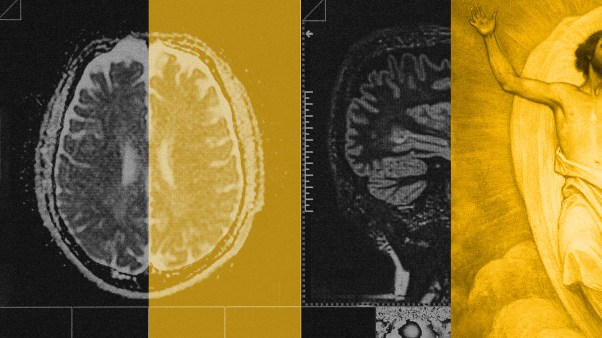A freshman in considerable distress came to see me a couple of years ago. She had taken my undergraduate course in the fall semester. Now it was April, and she was ready to quit Harvard College. At first she spoke of the general difficulties she had experienced as a particular young woman—someone who grew up in a factory town, whose father worked on an assembly line, having never finished high school, and whose mother hadn’t either. I tried hard to explain to her that things would change, that she would feel more comfortable with a strange and occasionally forbidding place over time.
I also tried to address the matter of class—a young person’s understandable anxieties as she tried to comprehend and get along, day after day, in a world of wealth and power. “I know,” she told me at one point, “that I’m not the first person who’s poor and who’s managed to get through this school, but I don’t seem to have what it takes.”
Eventually I heard this: “I’ve had some terrible times here. The worst of them is being a cleaning lady for some of these rich guys. They are unbelievably arrogant, and I hate this way of earning money.” As part of her “scholarship package,” she scrubbed the bathrooms of other students. I could certainly agree with her; and had long advocated that all students be required to do such work—lest, yet again, the prerogatives of money assert themselves baldly. “What it comes to,” she pointed out to me, “is that the poor here sweep up after the rich. And they keep talking about a ‘community’ here, and we’re all supposedly part of it.”
Still, I wasn’t convinced that the general situation we had been discussing quite accounted for the mix of agitation and sadness and bitterness to which I felt her giving expression. Finally, just as she seemed ready to go (she had begun to leave her chair), I heard more sobbing, and saw her settle back, now holding on with both hands tight to the armrests.
“Let me tell you what happened,” she began. “I’ve been involved with some political action here. I joined a group that’s trying to help poor people—encourage them to register to vote, try to help them with their problems. In some of the rooms I clean I meet these really snooty people, and while I’m straightening out their messes, I think of the poor people I’ve met here in Cambridge, never mind the ones I’ve known all my life, like my own family and our neighbors.
“There’s one room I clean where I thought I could at least feel a little better—a sort of oasis. The guys in that room write for the Crimson (the college daily newspaper). They’re always saying in their editorials and book reviews how rotten apartheid is in South Africa, or how rotten is our foreign policy.
“One morning I came into that room, and I got to talking with one of those guys. He showed me his latest editorial, and it was wonderful—a real powerful attack on the State Department. The next thing I knew he was asking me all these personal questions, and then he was propositioning me, and then I tried to stop him and get away—well, I had a tough time. He was a real skunk! He had a foul mouth on him. I got out of that room, and ran back to my dorm.
“First I wanted to go home right away. Then I just sulked. The worst of it wasn’t that a guy was putting the make on me; don’t misunderstand. The worst of it was that he was the guy. I felt as if I’d been betrayed. I felt as if you can’t trust anyone around here. I thought to myself: Some people around here talk the best line in America, and everyone thinks they’re the best people in America, or the smartest, anyway (including the professors, who give them A’s); and then they go and act this way, like snotty animals, out to take what they can get, and who cares how someone else feels about it.”
She gradually began to realize how much she had learned—without question, the hard way. She began to realize that being clever, brilliant, even what gets called “well educated” is not to be equated, necessarily, with being considerate, kind, tactful; even plain polite or civil. She began to realize that one’s proclaimed social or political views—however articulately humanitarian—are not always guarantors of one’s everyday behavior. One can write lofty editorials and falter badly in one’s moral life. One can speak big-hearted words, write incisive, thoughtful prose, and be a rather crude, arrogant, smug person in the course of getting through a day.
Character, my father used to tell me, is what you’re like when no one’s watching you—or, I guess, when you forget that others are watching. Dickens, as usual, was shrewd about this sort of irony in our lives, when he used the expression “telescopic philanthropy” to describe what the student quoted above had witnessed: someone whose compassion for far off South Africa’s black people was boundless (and eagerly announced to others through the act of writing) but who could also, near at home, behave toward another person as shamelessly as any South African bureaucrat might contrive to act.
No wonder Jesus spent his short time with us doing everyday acts of charity, offering those small gestures, emphasizing the importance of the concrete deed—the pastoral life. Let us for whom words come easy, and who like to play with ideas and call the attention of others to our words and ideas, beware. Our jeopardy is real and continuing.









